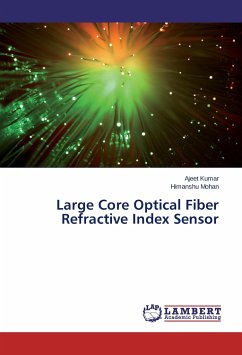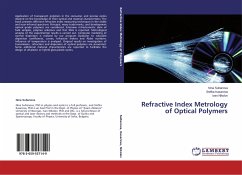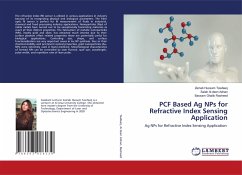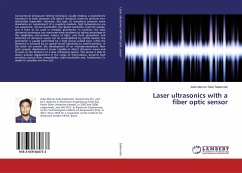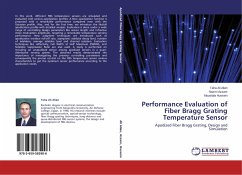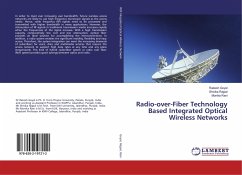Different chemical substances as well as several physical and biological parameters can be detected through measurements of the refractive index (RI). For this reason, RI sensors have gained considerable attention by the sensor community. Fiber-based refractometric devices are attractive, owing to the inherent advantages over their counterparts based on other techniques. For example, they can be multiplexed on a single fiber network and are suitable for in situ and remote RI measurements. Moreover, they are compact and lightweight. In addition, the amount of sample needed to carry out the measurements can be very small. The resolution of fiber-based RI sensors can be as high as 10 to the power 5. So far, different alternatives have been proposed to design RI sensors with conventional optical fibers. These include core-exposed or tapered fibers , fiber Bragg gratings (FBGs) , long period gratings (LPGs) , interferometers made with FBGs or LPGs, Refractive index sensors based on core diameter mismatch etc. The advent of micro structured optical fibers has also opened new possibilities for RI sensing.
Bitte wählen Sie Ihr Anliegen aus.
Rechnungen
Retourenschein anfordern
Bestellstatus
Storno

